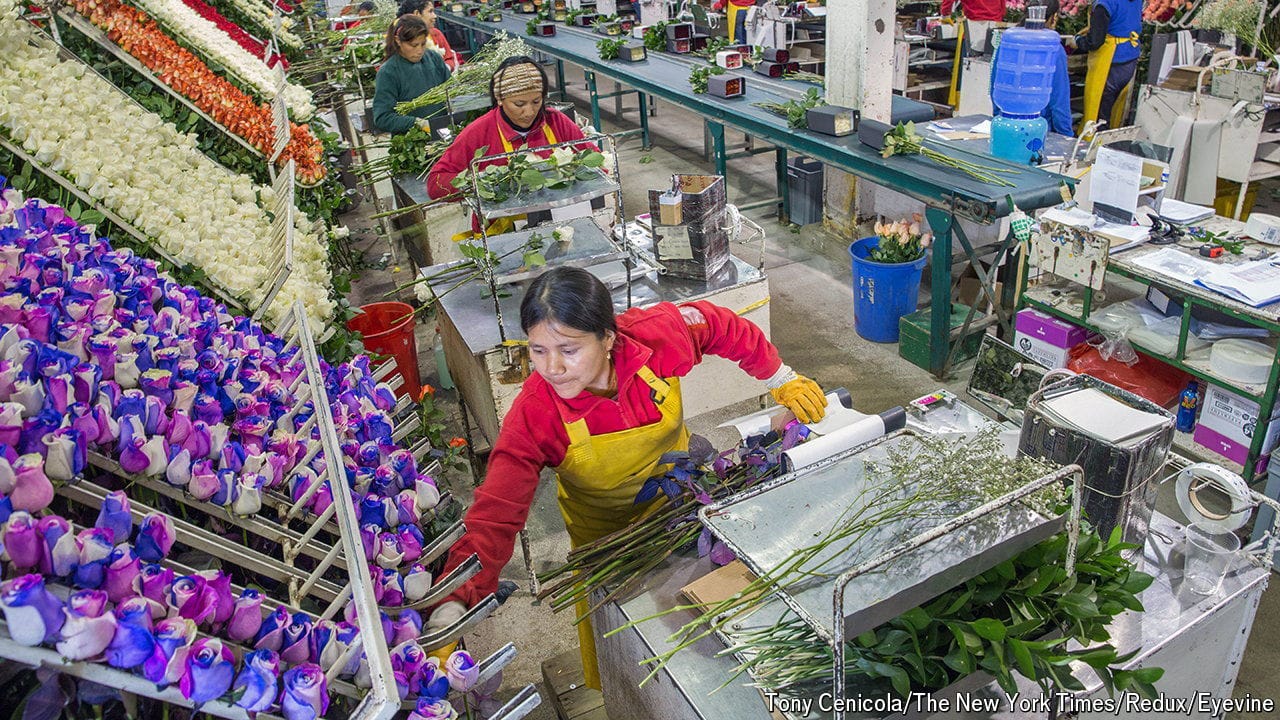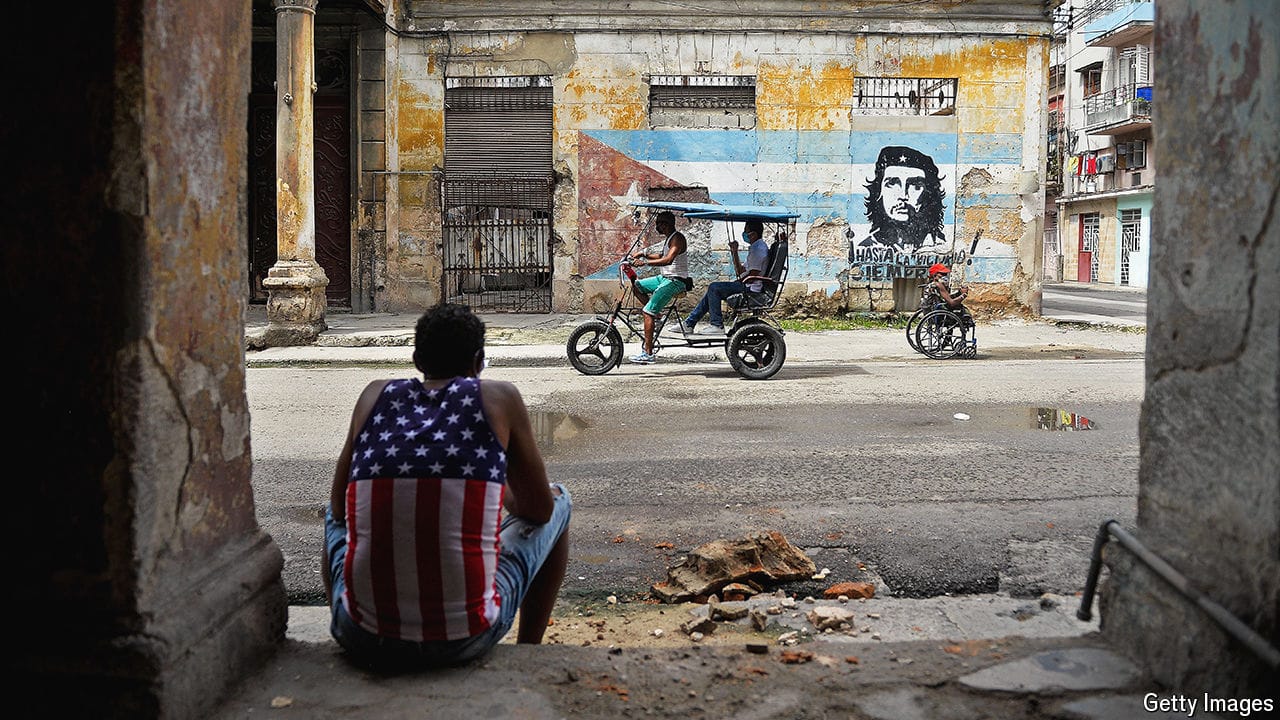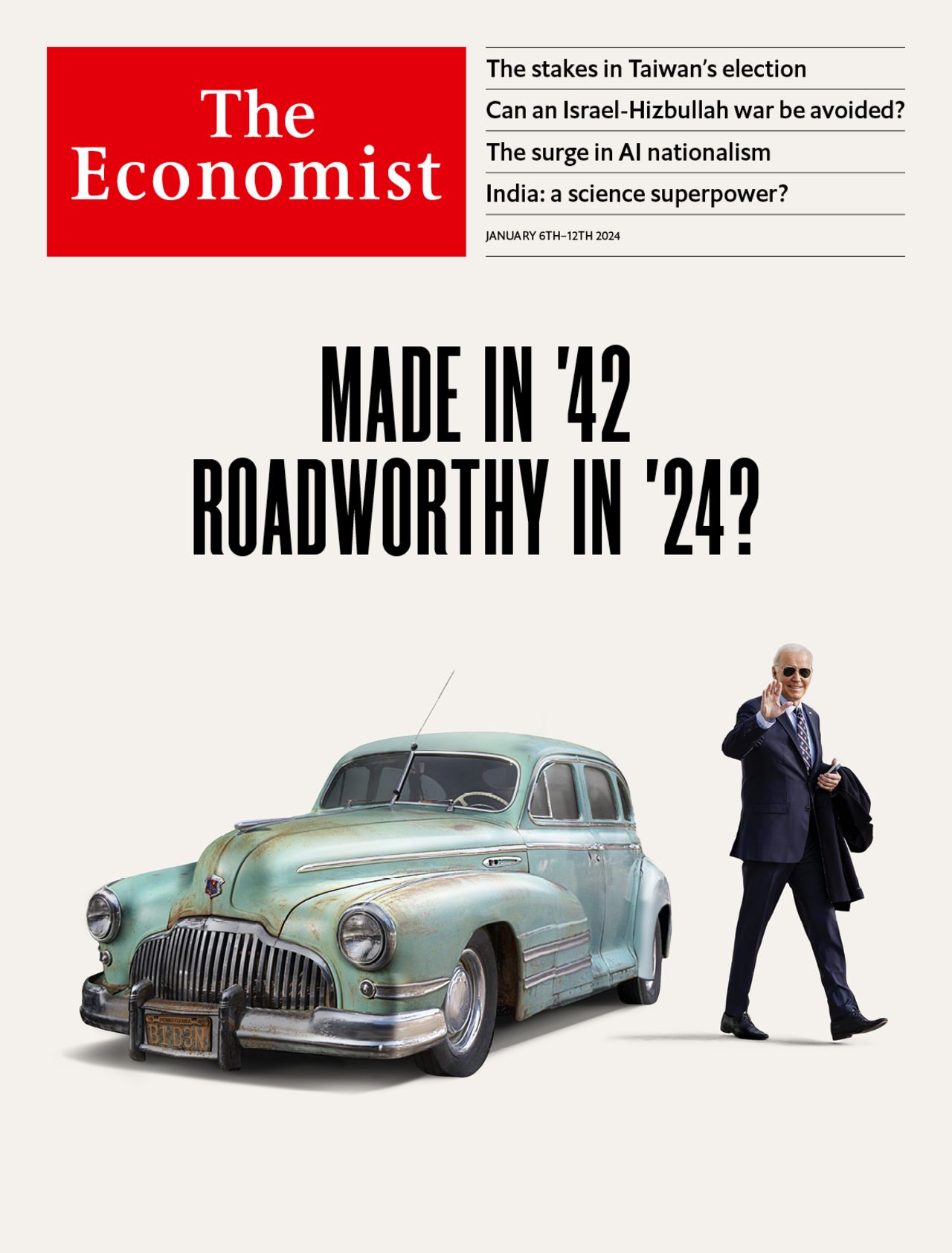Cuba’s private-sector experiment is faltering
Mostly because it is not bold enough

It was an admission of sorts. When Manuel Marrero Cruz, Cuba’s prime minister, stood in front of the National Assembly in late December to announce a package of new economic measures, he first blamed the American embargo for the woeful state of the country’s economy. But then he added: “We could have done much more.” That is an understatement.
Cuba’s economy is in its worst state since the collapse of the Soviet Union in the 1990s. Even the official figures—which one Western businessman in Havana, the capital, describes as “an exercise in a cover-up”—make grim reading. Annual inflation, according to the government, is at 30%. The fiscal deficit is forecast to be at least 18% of GDP in 2024. In 2023 the economy contracted by around 2%, according to Alejandro Gil, the economy minister.
This article appeared in the The Americas section of the print edition under the headline “Until forever, failing”
More from The Americas

The strong dollar is hurting exports from Latin America
For three small dollarised economies it has exposed a lack of competitiveness

Cuba is out of supplies and out of ideas
Penury is pushing the island towards Russia and China
Peru’s president survives because she’s not in charge
The lawmakers are dismantling institutions
Crypto cowboys have found paradise in Paraguay
Cheap electricity, lax laws and low taxes: what’s not to like?
Under Lula, Brazil is walking on the financial wild side
Investors have started to worry about deficits and debt

